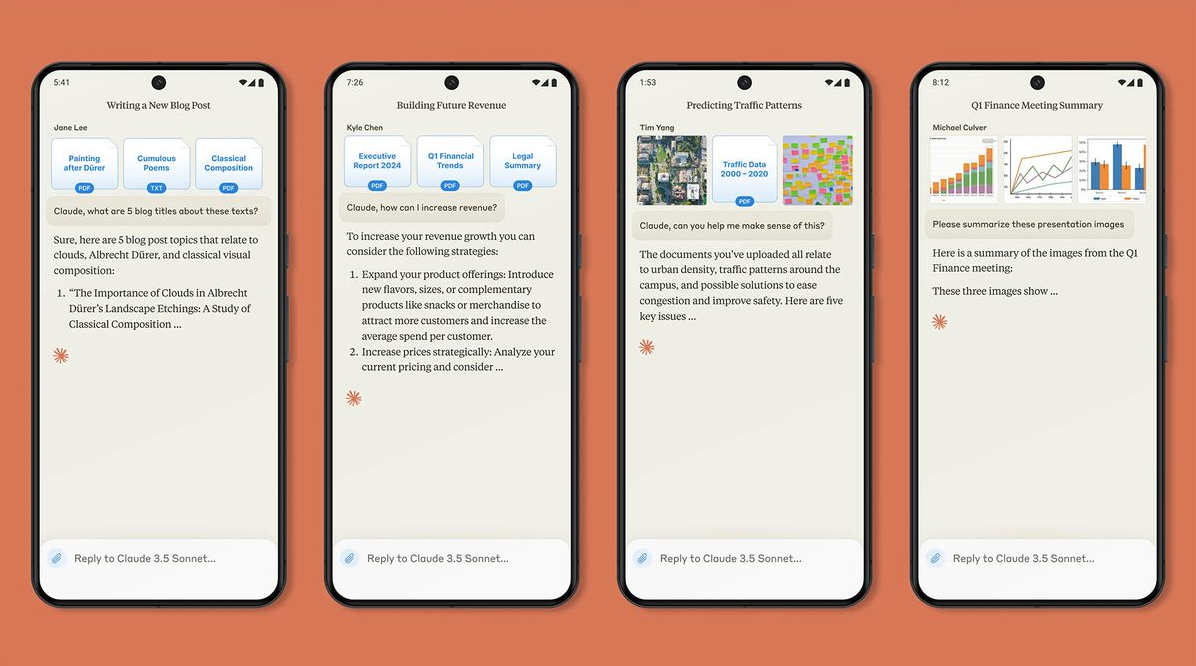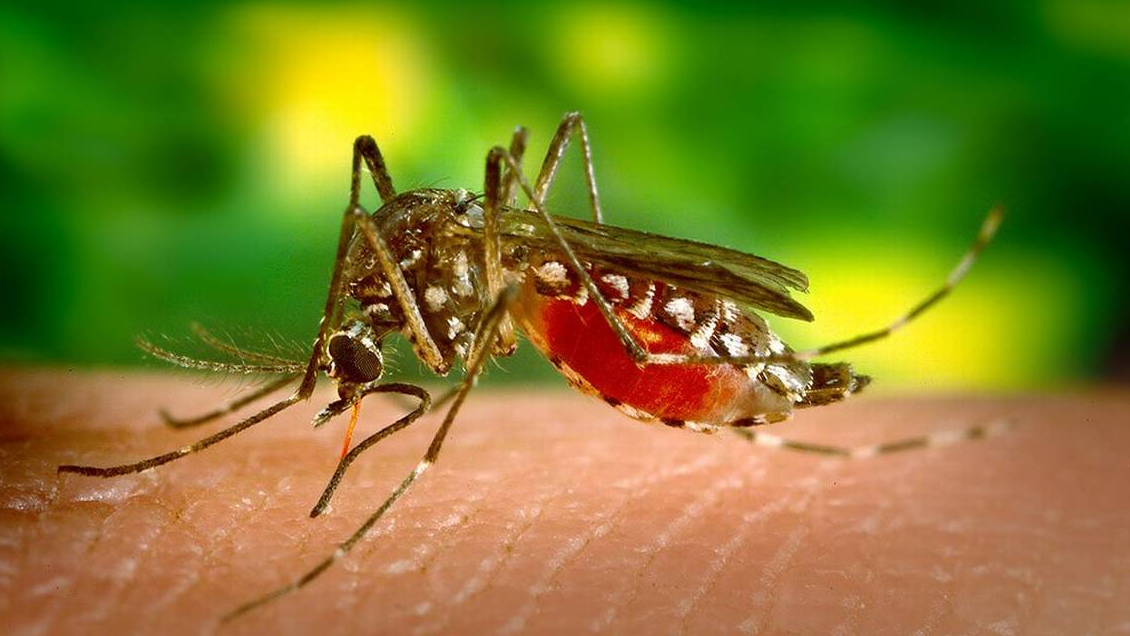Asthma Education Empowers: That’s the theme for this year’s World Asthma Day, observed annually on the first Tuesday of May. As we mark this important day, let’s delve into some practical tips to manage asthma during the hot summer months.
Asthma is a chronic respiratory condition characterized by inflammation and narrowing of the airways. Common symptoms include wheezing, coughing, chest tightness, and shortness of breath. The scorching summer weather can exacerbate these symptoms, making it crucial to take preventive measures.
Tips to Manage Asthma in Summers
Here are seven expert-recommended tips to help you stay on top of your asthma during the summer season:
-
Plan Outdoor Activities Wisely:
- If you have outdoor plans, schedule them earlier in the day. Avoid going outside during the hottest times when the sun’s intensity is at its peak.
- By planning outdoor activities strategically, you reduce your exposure to extreme heat and minimize the risk of triggering asthma symptoms.
-
Consult Your Pulmonologist:
- Before summer arrives, consult with your pulmonologist. Discuss any changes in your asthma symptoms during hot months.
- Work closely with your healthcare provider to ensure your asthma is well-controlled. Adjust your treatment plan as needed.
-
Protect Your Inhalers:
- Keep your asthma inhalers out of direct sunlight and away from the heat compartment of your car.
- Store inhalers in a cool, closed place to maintain their effectiveness.
-
Consistent Medication Use:
- Take your asthma controller medications regularly. Consistency is key to managing asthma effectively.
- Always have rescue medications on hand in case of sudden symptoms.
-
Stay Hydrated:
- Dehydration can worsen the symptoms. Drink plenty of fluids to stay hydrated.
- Opt for water and avoid sugary or caffeinated beverages.
-
Monitor Weather Conditions:
- Keep an eye on the weather forecast and temperature. Extreme heat can impact your breathing.
- Adjust your outdoor plans based on the weather conditions.
-
Indoor Air Quality Matters:
- Use an air purifier to reduce indoor air pollution. Clean air helps maintain better respiratory health.
- Proper ventilation and air filtration can make a significant difference.
Remember, while these tips provide general guidance, always consult your healthcare professional for personalized advice. Asthma management is a collaborative effort between you and your medical team. Stay informed, take precautions, and enjoy a healthier summer!
Disclaimer: This content provides generic information and is not a substitute for professional medical advice. Always consult a specialist or your own doctor for personalized recommendations1.






































